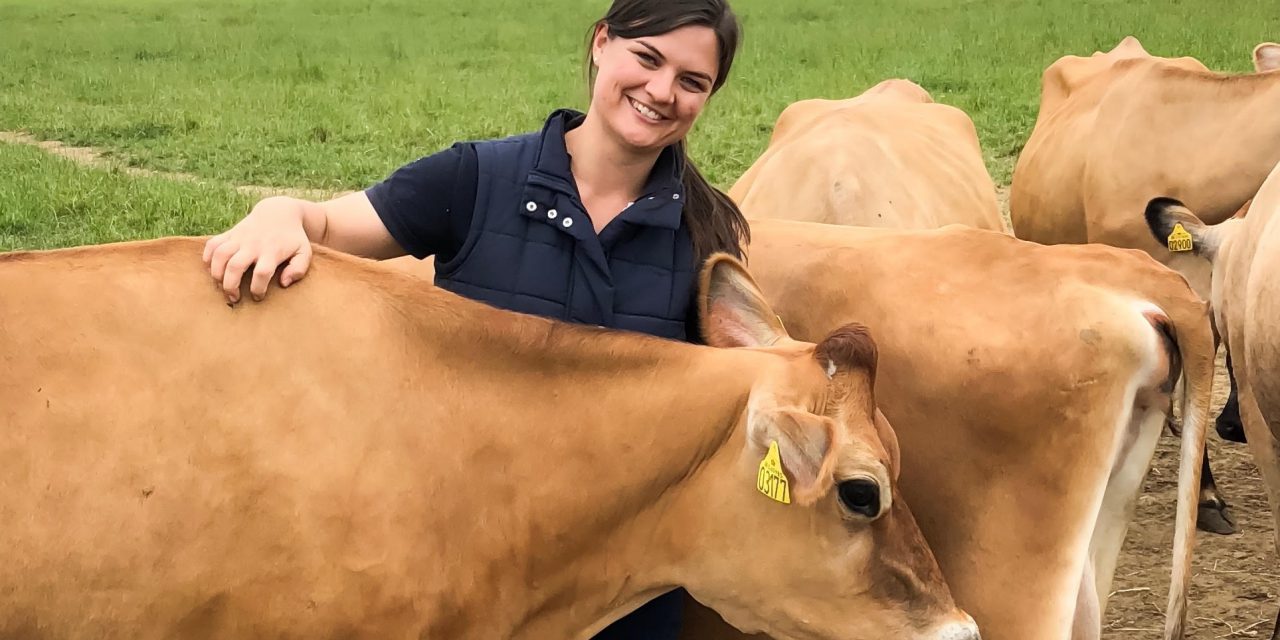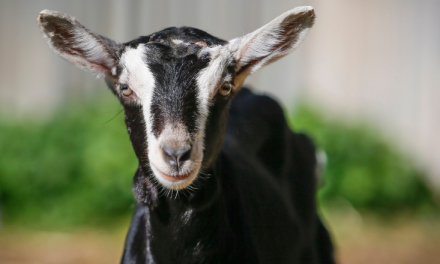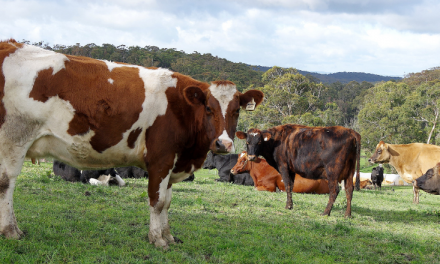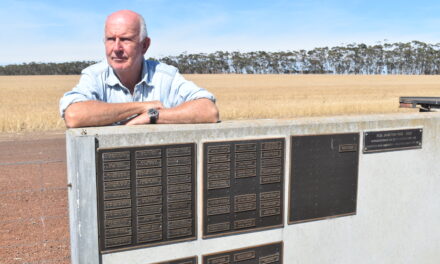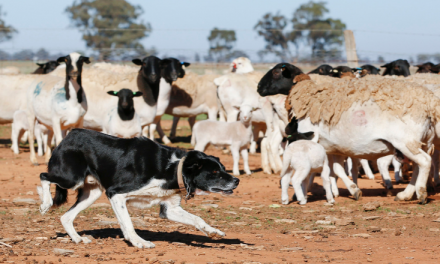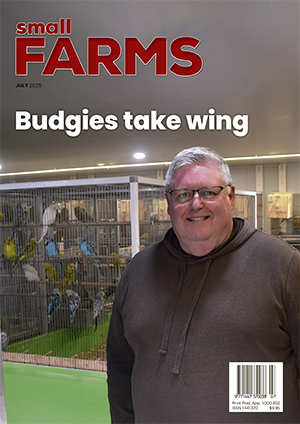Common dairy sector practices for the management of non-replacement calves are falling out of step with consumer values, and the maintenance of the industry’s social license to operate depends on the realignment of these practices with public expectations.
That’s according to a report released recently by 2018 Nuffield Scholar and veterinarian, Dr Sarah Bolton (pictured).
The report looks at the practices of early-life processing and at-birth euthanasia of non-replacement dairy calves, the issue of cow-calf separation and explores profitable opportunities to bring practices into line with shifting public expectations.
Supported by Dairy Australia and the Australian Dairy Conference, Dr Bolton’s research was motivated by the challenges of managing non-replacement Jersey and crossbred calves on the 300-cow dairy farm that she and her partner were managing in northern NSW.
“From the public’s perspective, dismissing surplus dairy calves as a waste product is troubling, while rearing them for beef can be a high-risk exercise for producers unless prices are particularly favourable,” Dr Bolton said.
“This led me to focus on looking for profitable options for producers that maintain public trust by prioritising animal welfare and value.”
Across 17 weeks, Dr Bolton travelled throughout Europe, the United Kingdom, the United States, Canada, South America and New Zealand, researching how the livestock sector can manage non-replacement dairy calves in a way that maintains social licence while being profitable at every stage of the value chain.
Her research explores conventional mechanisms to grow the market for dairy beef, like producer incentive schemes and the use of sexed semen combined with targeted beef over dairy crossbreeding.
It also examines more novel approaches to the issue including the marketing of Jersey beef as a premium product based on eating quality.
In Denmark, Dr Bolton visited suppliers of Thise & Ko, a branded jersey beef product.
As part of the business model, dairy producers are connected with organic arable farmers looking to reintegrate livestock into their cropping rotation to improve soil fertility.
“Non-replacement Jersey calves are reared through to weaning on the dairy farms, before being grown out and finished on the arable farms. Organic grain grown on farm is fed to the calves, while the composted bedding from winter housing is used as organic soil ameliorants,” Dr Bolton said.
“The resulting scheme sees the Jersey beef product marketed based on taste, tenderness and marbling, and retails for a higher price per kilogram than conventional beef, assuring profitability.
“The model also provides a low risk option for arable farmers looking to diversify into livestock, requiring no investment in breeding stock and offering a guaranteed price for the product, as well as the ability to destock quickly if seasonal conditions deteriorate.”
The issue of cow-calf separation is also explored in Dr Bolton’s report.
“From a social licence perspective, public concerns relating to the management of bobby calves are as much about early-life processing as they are about separating the calves from the cows,” Dr Bolton said.
Visiting seven dairy farms in the United Kingdom, she observed novel approaches to rearing calves on their mothers.
“As a vet I was initially quite sceptical about this model, having concerns around colostrum management as well as disease transmission and increased stress caused by delaying separation. However, the growth rate and body condition of the calves was remarkable,” Dr Bolton said.
“While rearing dairy calves on cows is not a perfect solution for every dairy producer, it is a practice deserving of more consideration and will be an exciting area for further scientific research.”
Ultimately, Dr Bolton’s report finds that preservation of the dairy industry’s social licence relies on meaningful communication with the public and ensuring that practices align with their expectations.
“In order to move forward, solutions must satisfy community expectations, prioritise animal welfare and be profitable at every stage of the value chain. While there is no ‘silver bullet’, the solution may lie in shifting perspectives and thinking outside the box,” Dr Bolton said.

